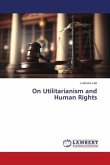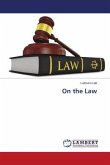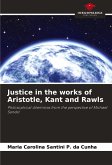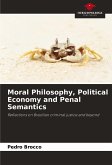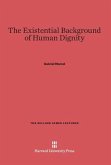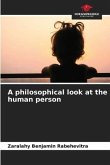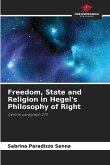The work identifies the right with the person, that is, the relationship between the right and the person eliminates the correlation term "to have" and adopts the identification term "to be". The person does not have a right, they are a right, because they are configured with the order inscribed in their being; this makes it possible to maintain that the person is both the object and the subject of all acquired rights, in other words, in place of the verb to have, there is the verb to be. This not only has the function of a copula, but indicates the ontological unity between the Person and the Law. Having a right means someone attributes it, and what is attributed can be withdrawn, but what is configured with one's own being/nature is coessential, consubstantial and conatural. This results in an intrinsic intertwined unity in which the person is the essence of the essence of the right and the right is the essence of the essence of the person.This is why law exalts the dignity of man, because dignity and law reside in the same human nature, which comes from the Idea of Being, as a figure of God, Infinite Being that constitutes the truth of the intrinsic order of the person, the lumen from which law receives the law of justice, which, protected by the moral law, assumes the decisive responsibility of guaranteeing and protecting the dignity of the person.
Bitte wählen Sie Ihr Anliegen aus.
Rechnungen
Retourenschein anfordern
Bestellstatus
Storno


